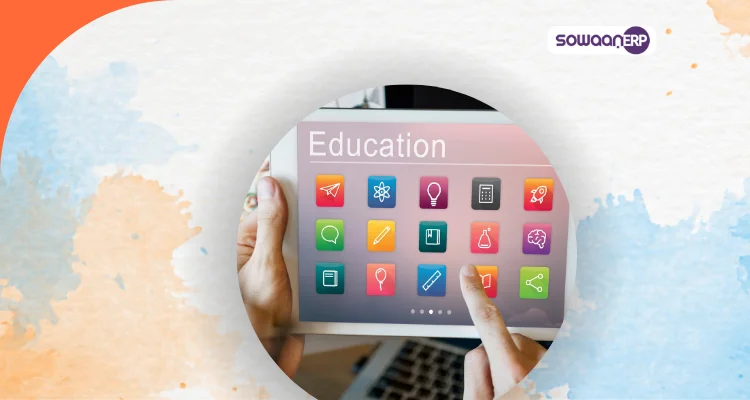
In recent years, healthcare providers have been investing in enterprise resource planning in healthcare systems to streamline their operations and improve patient outcomes. One of the most promising areas for open source healthcare ERP is the integration of ERP with Electronic Health Records (EHR) systems. This integration can help healthcare providers make better use of patient data, improve communication, and enhance patient care.
In this article, we will explore how integrating ERP for the healthcare industry with EHR systems can lead to better patient outcomes and revolutionize the way healthcare providers manage their operations.
Benefits of Integrating ERP with EHR Systems
One of the key benefits of integrating ERP with EHR systems is that it provides healthcare providers with a centralized platform to manage all aspects of their operations. This integration allows healthcare providers to streamline their workflows, automate manual tasks, and reduce the risk of errors. Additionally, enterprise resource planning in healthcare systems can help healthcare providers make better use of patient data, leading to better patient outcomes.
Streamlined Workflows
Integrating ERP with EHR systems streamlines workflows by automating many manual tasks, such as data entry and record-keeping. This automation reduces the risk of errors and saves healthcare providers time, allowing them to focus on more critical tasks. Additionally, the integration of ERP with EHR systems provides healthcare providers with a centralized platform to manage all aspects of their operations, from scheduling appointments to managing inventory.
Improved Patient Care
Integrating ERP with EHR systems can lead to improved patient care by providing healthcare providers with real-time access to patient data. Healthcare providers can use the hospital management system database to make informed decisions about patient care, track patient progress, and ensure that patients receive the appropriate treatments. Additionally, the integration of ERP with EHR systems can improve communication between healthcare providers, leading to better coordination of care and improved patient outcomes.
Enhanced Reporting and Analytics
Integrating ERP and EHR systems can improve reporting and analytics by giving healthcare workers a more complete picture of how their business is running. Healthcare providers can use this data to find places where they can improve and make decisions based on the data that will make their operations run more smoothly. Integration of ERP and EHR systems can also help doctors keep track of what happens to patients and see how well different treatments work.
Challenges in Integrating ERP with EHR Systems
Integration of ERP and EHR systems can have a lot of positive effects, but there are also some problems that healthcare workers must solve. One of the biggest problems is how hard it is to put everything together. Healthcare companies need to make sure that their ERP system works with their EHR system and that the two systems work well together. Also, healthcare providers need to make sure they have the tools they need to manage the integration and that their staff knows how to use the integrated system.
Emerging Trends in Integrating ERP with EHR Systems
As the healthcare business changes, so does the way ERP and EHR systems work together. Artificial Intelligence (AI) and Machine Learning (ML) algorithms are being used more and more to look at patient data and make guesses about how patients will do. This technology can help health care workers predict problems and make changes to their processes before they become big problems.
Blockchain technology is another new way that ERP and EHR systems are being used together to make sure that patient data is safe and private. By using Blockchain, healthcare workers can make sure that patient data is safe, encrypted, and can’t be changed without the right permissions. This technology can also help healthcare providers improve how well their EHR systems work together. This makes it easier for different healthcare providers to work together to give better care.
Conclusion:
In a nutshell, integrating enterprise resource planning (ERP) in healthcare systems with electronic health records (EHRs) can have a significant impact on improving patient outcomes. By streamlining various administrative and clinical processes, healthcare providers can enhance their efficiency, reduce costs, and improve patient care. Moreover, the use of ERP systems can also help healthcare organizations optimize their resource utilization, inventory management, and financial performance, leading to overall better operational and financial outcomes. Therefore, healthcare providers should consider adopting ERP systems integrated with EHRs to maximize their potential benefits and deliver better patient care.
